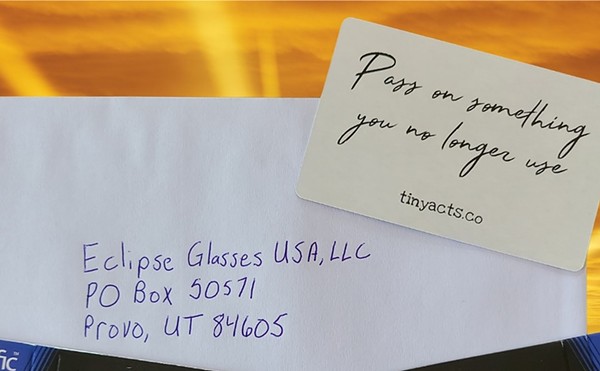The lawyers representing Baptist Hospital East in a malpractice lawsuit filed by the family of Stephen Garrett — better known as Grammy-award winning hip-hop artist Static/Major — contend privacy laws protect the identity of a patient who shared a room with the musician the day he died.
The plaintiff in the case is seeking information from Garrett’s roommate to find out what occurred leading up to the sudden death of the 33-year-old singer and songwriter, who wrote the hit song “Lollipop” and posthumously won a Grammy for best rap song last month. Just hours after checking into Baptist Hospital East last February, Garrett was diagnosed with myasthenia gravis, a rare autoimmune disease.
He died that same day, but not because of the disease.
The autopsy report revealed Garrett died due to complications associated with his treatment, prompting his family to file a medical malpractice lawsuit against the healthcare provider and surgeon who administered his care.
The attorney representing the Garrett family is now asking Jefferson Circuit Court Judge Charles Cunningham to force Baptist East to provide the identity of Garrett’s roommate at the hospital. Lawyers for the hospital have denied repeated requests for the information, citing the Health Insurance Portability and Accountability Act, known as HIPAA.
In recently filed court documents, the hospital’s counsel also cites LEO Weekly’s recent cover story about Static/Major, which includes details about the lawsuit, as one of the reasons to keep the patient’s information private: “If this patient becomes a witness to this suit, he will be subjected to similar to scrutiny, and potential embarrassment.”
But Larry Franklin, attorney for the family, argues that the patient is a critical witness given he shared a room with Garrett during his treatment, which involved placing a catheter to help improve the patient’s blood circulation.
“Plaintiffs only seek the identity and last known address or phone number of this individual,” Franklin writes in a motion filed with the court. “They are not seeking medical or any other personal information.”
He later goes on to argue that the patient heard crucial communications and witnessed the response of hospital physicians, nurses and staff.
Court documents say the surgeon, Dr. Dean J. Wickel, who also is named in the lawsuit, began the catheter procedure, and then later instructed nurse Denise Richards to remove it. In a deposition taken last month, the nurse testified that Wickel told her the catheter line was in the wrong place, and that Garrett passed out once it was removed.
An hour-and-a-half later, he was pronounced dead.
The hospital’s legal team argues the roommate’s name and contact information is protected, arguing in court filings that producing it could lead to the inappropriate disclosure of the patient’s personal health information: “The plaintiffs have failed to cite any case even suggesting the production of this information is proper.”





